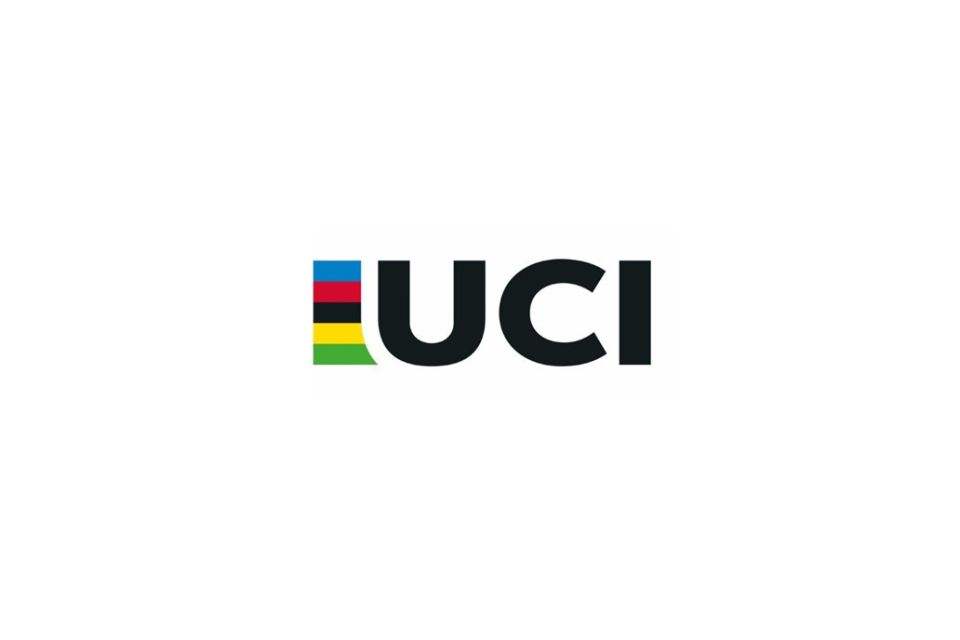
A decision in the case of World Athletics (WA) against Rhonex Kipruto has been issued by the Disciplinary Tribunal.
On 11 May 2023, the Athletics Integrity Unit (AIU) issued Mr Kipruto, a 24-year-old long-distance runner from Kenya, with a Notice of Charge for 28 alleged abnormalities in his Athlete Biological Passport (ABP), resulting in the Use of a Prohibited Substance and/or Prohibited Method during the period of 2018 to 2022. Such alleged Use was in breach of Rule 2.2 of the World Athletics Anti-Doping Rules (WA ADR).
To combat blood doping, the ABP programme was developed and refined by the World Anti-Doping Agency (WADA) and formally introduced by WA in 2009. It is an electronic record that monitors selected variables (i.e. biomarkers) from an athlete over a period of time and indirectly reveals the effect of doping (the Adaptive Model). There are three widely known substances or methods used for blood doping: (1) administering recombinant human erythropoietin (rEPO), which stimulates the production of red blood cells; (2) synthetic oxygen carriers that infuse blood substitutes and increase haemoglobin well above normal levels; or (3) blood transfusions, which increase haemoglobin well above normal levels. All result in enhancing an athlete’s performance. Each of these three are cited in the World Anti-Doping Code’s Prohibited List. The substance, rEPO, is included in class S2, as non-Specified Substance that is prohibited at all times. While synthetic oxygen carriers and blood transfusions are listed as Prohibited Methods under class M1, as non-Specified Methods that are prohibited at all times.
The Disciplinary Panel, comprised of Dr Tanja Haug (Chair), Mr Sètondji Roland Adjovi, and Mr Julien Berenger, was appointed to hear this matter.
Mr Kipruto denied the charge and provided a variety of plausible explanations for the abnormalities in his ABP, which included (1) irregular and inconsistent training loads; (2) alcohol abuse and resulting dehydration; (3) illness and gastric problems; (4) neutropenia and G-6-PDH deficiency; and (5) suspected Primary Familial and Congenital Polycythemia (PFCP). He also argued that there were deficiencies in the doping scenario, such as that the suggested doping scenario was not supported by his competition schedule leading there to be no benefit for him to blood dope at the times that the Samples were collected, and that several of the 28 blood Samples should be invalidated for a range of procedural irregularities.
During the period of being notified of the Charge and the hearing of this matter, Mr Kipruto and his team of experts undertook several medical examinations and studies to seek to explain the abnormalities found in his ABP. One expert applied his own model that was intended to contrast the Adaptive Model by taking a “retrospective approach” to evaluating the analytical and biological variation of haematological parameters applied by WADA and the AIU. Mr Kipruto was also participated in an alcohol study, which examined how his blood parameters were influenced by drinking versus not drinking alcohol. The outcome of these examinations was Mr Kipruto’s assertion that he had developed a condition that severely affected his health and that the abnormalities identified in his ABP were not caused by the Use of Prohibited Substances or Prohibited Methods, but were caused by his specific and unique characteristics, his medical conditions, and his alcohol abuse problem.
In response, the Expert Panel, formed by three independent experts from different but related disciplines, dismissed each plausible explanation advanced by Mr Kipruto and maintained its opinion of “highly likely” doping throughout four unanimous Joint Expert Opinions.
During the hearing, the parties accepted that the ABP programme and the Adaptive Model are reliable means of establishing blood doping. The Panel expressed concerns that Mr Kipruto and his experts were attempting to turn the hearing of this doping matter into a clinical case and that, notwithstanding the procedural effects, the examinations Mr Kipruto had been subjected to raised serious ethical issues.
The Panel concluded that, considering all of the medical evidence and the four Joint Expert Opinions, as well as the ABP, it was comfortably satisfied that the cause for the abnormalities in the ABP is more likely to be due to blood manipulation, such as rEPO, rather than from environmental or medical factors. Thus, there is no other plausible explanation for the abnormal values in the ABP.
The Disciplinary Panel thereby determined that an Anti-Doping Rule Violation had been established pursuant to Rule 2.2 of the WA ADR. A period of Ineligibility of six (6) years was imposed given that the Panel was comfortably satisfied that Prohibited Substances or Prohibited Methods were Used on multiple occasions between 2 September 2018 and 21 February 2022. The Panel considered that Mr Kipruto engaged in a deliberate and sophisticated doping regime, which would not have been possible without the support of third parties, in order to artificially enhance his performance, and thereby – not least – to qualify for the Tokyo 2020 Olympic Games. Credit has been given for the period that Mr Kipruto was provisionally suspended, therefore the period of Ineligibility will run from 11 May 2023. Further, all of Mr Kipruto’s results from 2 September 2018 are disqualified. The decision is subject to appeal to the CAS.
Sport Resolutions is the independent secretariat to the World Athletics Disciplinary Tribunal.
A copy of the full decision can be accessed via the related links tab on the right-hand side.


